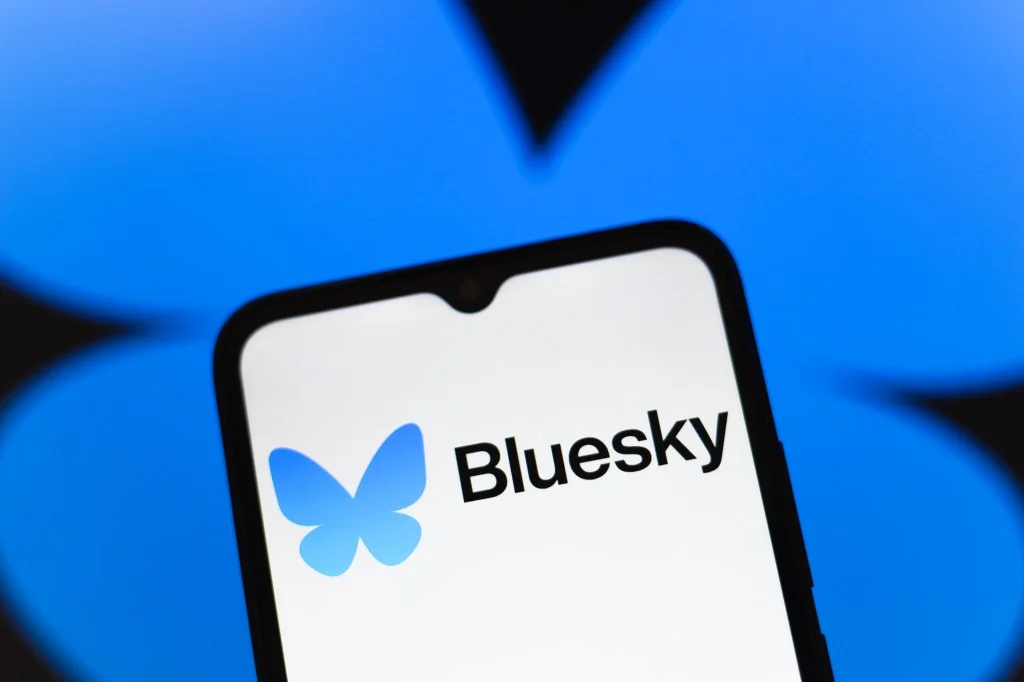
Bluesky Joins the Verification Game: Will Blue Checks Change Its Culture?
Bluesky, the decentralized social media platform, is now rolling out its own version of the coveted blue verification check. But unlike Twitter (now X) or other platforms where verification often signifies a hierarchy, Bluesky aims to take a different approach.
The company announced on Thursday that "notable and authentic" accounts can apply for verification via an online form. Organizations can also become "Trusted Verifiers," granting them the ability to verify other accounts. This move follows a testing phase with organizations like The New York Times and Wired.

For some Bluesky users, the blue check represents a step backward, reminiscent of the clout-chasing culture that plagued Twitter before Elon Musk’s takeover. However, Bluesky emphasizes a multifaceted system beyond solely relying on a blue badge.
One key difference is Bluesky’s emphasis on decentralized verification. Users can verify their accounts by linking their domain as their username. To date, over 270,000 accounts have adopted this method. This approach aims to move away from a centralized authority dictating who is “important” enough to be verified.
The application process requires accounts to be active, complete with a bio and profile photo, and secure. Accounts must represent a “real person, registered business, organization, or legitimate entity” and link to an official website, if applicable. But the definition of “notable” appears less rigid.
Bluesky states that notable accounts should be recognized within their “field and geographic region.” They will consider factors like “professional recognition, media coverage in established publications, presence on credible reference platforms, or other evidence of public interest.” Bluesky says it will assess “the overall context and public interest value of each account.”
The introduction of verification could reshape Bluesky’s culture. The platform has, until now, distinguished itself from the hierarchies of Twitter/X and Threads. A key question is whether Bluesky can avoid replicating the pitfalls of verification on other platforms.
Interestingly, a forked version of Bluesky called Deer.Social offers a more democratic verification process, allowing users to select their own trusted verifiers. This approach lets users verify others or be verified without relying on a central authority.

As Bluesky navigates this new landscape, it remains to be seen whether its approach to verification will foster a more inclusive and trustworthy environment. Will the platform succeed in its vision? What are your thoughts?
Share your opinions on Bluesky's new verification feature in the comments below!